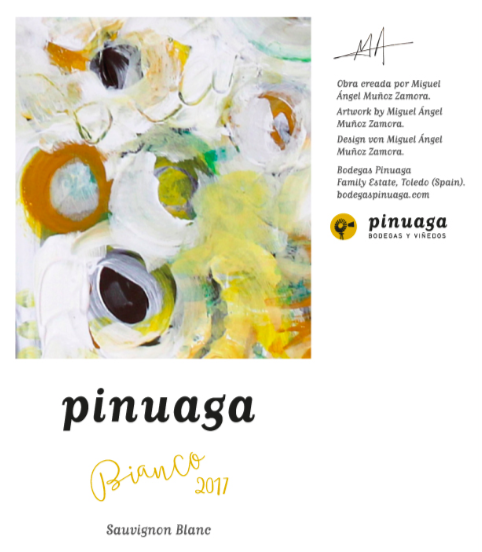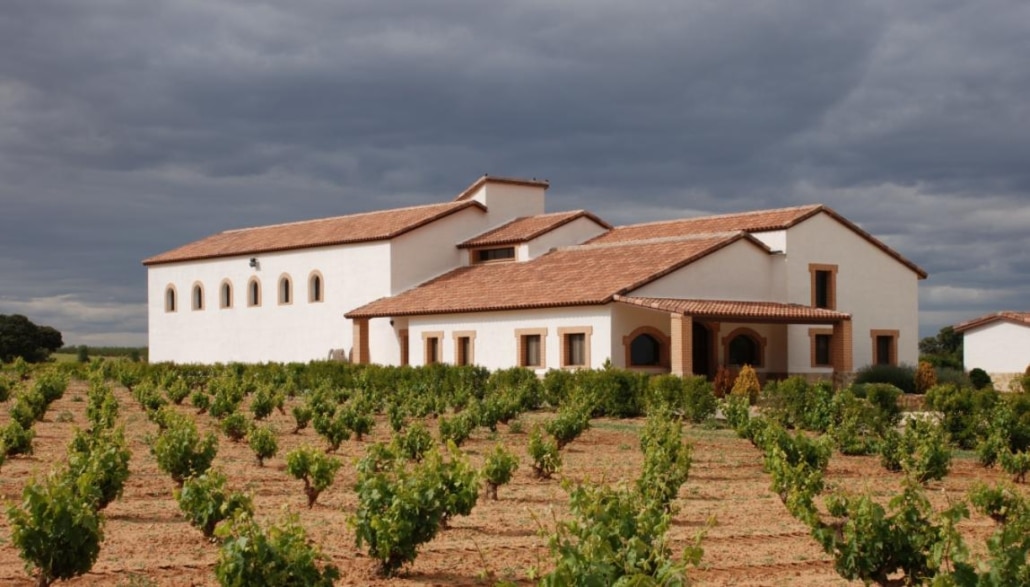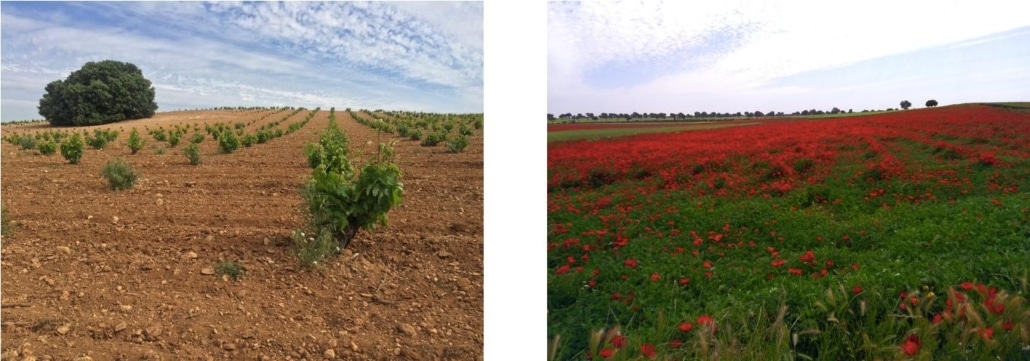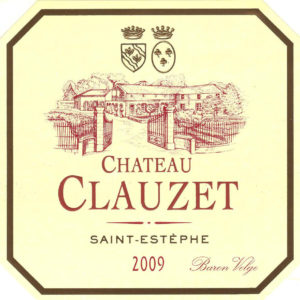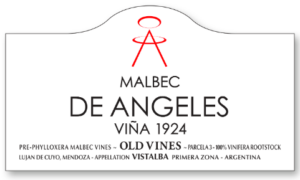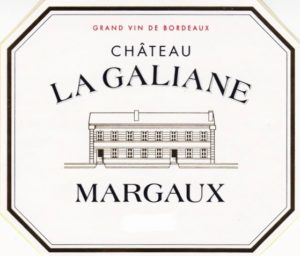ABOUT THE PRODUCER: Pinuaga
Valentin Pinuaga Salazar founded this small estate back in the 1960’s. Today the winery is run by Valentin and Esther Pinuaga – second and third generation of this family of traditional winemakers. Esther is also the President of the Spanish Organic Wine Association and is a leading advocate for organic viticulture in her region.
The winery and its 90 hectares of vineyards are located in Corral de Almaguer, Toledo, a privileged site situated 800 meters above sea level and surrounded by Mediterranean oak forests. The continental climate, with pronounced changes in day-to-evening temperatures, boosts the unique personality of the land and enhances the quality of the vines. It favors the growth of autochthonous grape varieties, allowing the production of varietally-expressive wines. Tempranillo and Merlot, amongst others, are planted on parcels that differ in age, soil, altitude and orientation. Each parcel is vinified separately.
The Tempranillo vines are bush trained, a technique frequently used in central Spain for non-irrigated vineyards. A bush vine is made-up of 4 to 6 arms, growing directly from the soil and reaching up to 3.2 feet high. The well-ventilated bunches keep powdery mildew at bay. The soil is mainly clay-limestone. The grapes are all hand harvested (starting at 4am because of the heat), at very low yields of 2,500 kg/ha, and in small cases of 10kg. Choosing the right picking time is crucial. The vineyards are sampled up to three times per week. Detailed observations, such as the health of the vineyards, the physical condition of the seeds and skins, the ripeness of the berries and pips, together with lab analyses, enable to pick at optimum ripeness. Total production is around 100,000 bottles.
Farming/vinification practices: Certified Organic since 2010. Wild grass usually grows freely from the month of October until April and the vineyard borders are maintained with indigenous flora to enable beneficial insects to complete their life cycle. Fertilizing is kept down to a minimum, and only comes in the form of manure. Fungal sprays are essentially in the form of sulphur, and the treatment is done vine per vine.
The continental climate, with pronounced changes in day-to-evening temperatures, boosts the unique personality of the land and enhances the quality of the vines.

